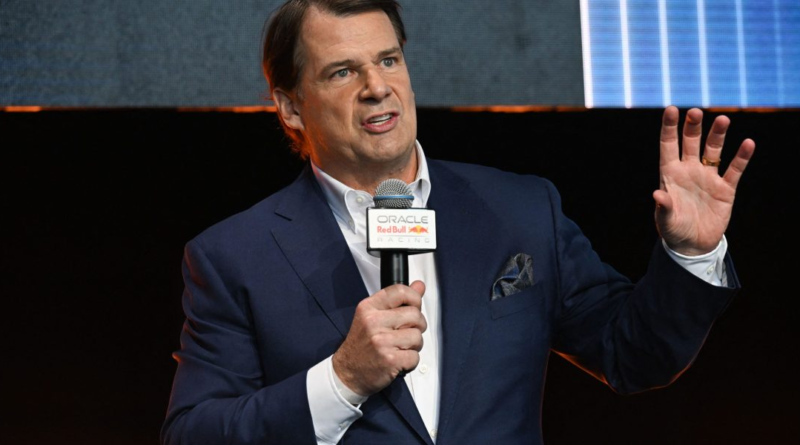Auto workers threaten strike at Ford's most profitable plant a day after CEO hints at moving factories over union activity
One day after Ford CEO said union activity was making him reconsider where the company puts its plants, the United Auto Workers union is threatening a strike at the company’s largest and most profitable factory.
The union said Friday that nearly 9,000 workers at the Kentucky Truck Plant in Louisville will strike on Feb. 23 if a dispute over the local contract is not resolved.
If there’s a strike, it would be the second time the union has walked out at the sprawling factory in the past year, after UAW workers shut down the plant in October during national contract negotiations that ended with large raises for employees.
The plant, one of two Ford factories in Louisville, makes heavy-duty F-Series pickup trucks and the Ford Excursion and Lincoln Navigator large SUVs, all hugely profitable vehicles for the company.
The union says that workers have been without a local contract for five months. The main areas of dispute are health and safety issues, minimum in-plant nurse staffing, ergonomic issues, and the company’s effort to reduce the number of skilled trades workers. The strike could begin at 12:01 a.m. on Feb. 23, the union says, noting that there are 19 other local agreements being negotiated with Ford, and several more at rivals General Motors and Stellantis.
A message was left Friday seeking comment from Ford.
The day before, Ford CEO Jim Farley told an analysts’ conference in New York that last fall’s contentious strike changed Ford’s relationship with the union to the point where the automaker will “think carefully” about where it builds future vehicles.
“It was an extremely difficult moment for the company,” Farley said during remarks to the Wolfe Research Global Auto and Auto Tech Conference in New York. “It’s been a watershed moment for the company. Does it have a business impact? Yes.”
Farley said that the Louisville factory was the first truck plant that the UAW shut down during last year’s strike, which cost the company $1.7 billion over six weeks of lost production. That’s even though Ford made a conscious decision to build all of its pickup trucks in the U.S., Farley noted.
Rivals General Motors and Stellantis have truck plants in the U.S. and Mexico. “They went through bankruptcy and they moved production,” Farley said, according to the Detroit Free Press.
When it comes to building pickups only in the U.S., “we always thought it was the right kind of cost,” Farley said, according to outlet. But after the strike, he said, “Clearly, our relationship has changed.”
The strike was a tremendous success for UAW members, who won raises up to $40 an hour and did away with unpopular terms in the contract, such as “two-tier” wages in which employees were paid different rates for the same work, depending on when they were hired. The workers’ wins add up to nearly $9 billion in extra costs for Ford, which the company said works out to about $900 more per vehicle.




